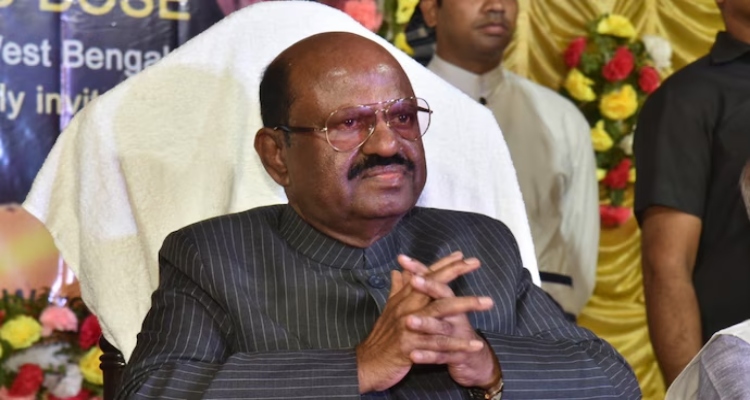
The Supreme Court on Friday agreed to examine the contours of Article 361 of the Constitution, which grants ‘blanket immunity’ to governors from any form of criminal prosecution.
The top court’s order came in response to a plea from a contractual woman employee of West Bengal’s Raj Bhavan, who has alleged molestation by Governor C.V. Ananda Bose and wrongful confinement by the officials there.
A bench comprising Chief Justice D.Y. Chandrachud and Justices J.B. Pardiwala and Manoj Misra issued a notice to the West Bengal government on the woman’s plea and granted her liberty to include the central government as a party. The bench also sought the assistance of Attorney General R. Venkataramani in addressing the constitutional issue.
Senior Advocate Shyam Divan, representing the woman, argued that an investigation cannot be deferred until the governor’s term ends, emphasizing that evidence must be gathered promptly. The plea contends that the immunity granted under Article 361(2) does not preclude investigation and that timely action is crucial in such cases.
The bench stated that the petition raises the issue of the extent of protection afforded to governors under Article 361(2), which reads: “No criminal proceedings whatsoever shall be instituted or continued against the President, or the Governor of a State, in any court during his term of office.”
The petitioner has also sought directions to frame specific guidelines for the immunity granted to governors. The plea questions whether a victim like the petitioner should be left without recourse until the accused governor vacates office, potentially rendering the entire process ineffective and unjust.
Additionally, the plea requests a probe by the West Bengal Police, protection for the petitioner and her family, and compensation for the damage to her reputation.
The woman, employed at Raj Bhavan, filed a complaint with the Kolkata Police alleging molestation by Governor Bose on April 24 and May 2. She accused Bose of creating a “ridiculous drama” to divert attention from his actions and criticized him for not providing CCTV footage from the premises at the start of the investigation.
Footage from two CCTV cameras at the Raj Bhavan’s main gate was shown to select individuals and journalists. The first video, recorded between 5:32 pm and 6:41 pm on May 2, showed the employee hurrying to a police outpost amid heavy police presence. The second footage, lasting around 10 minutes, captured various vehicles and police activities but did not show the victim.
In response to the controversy, Bose filed a defamation case against Chief Minister Mamata Banerjee on June 28, following her claims that women were afraid to visit Raj Bhavan due to the “activities” there.




